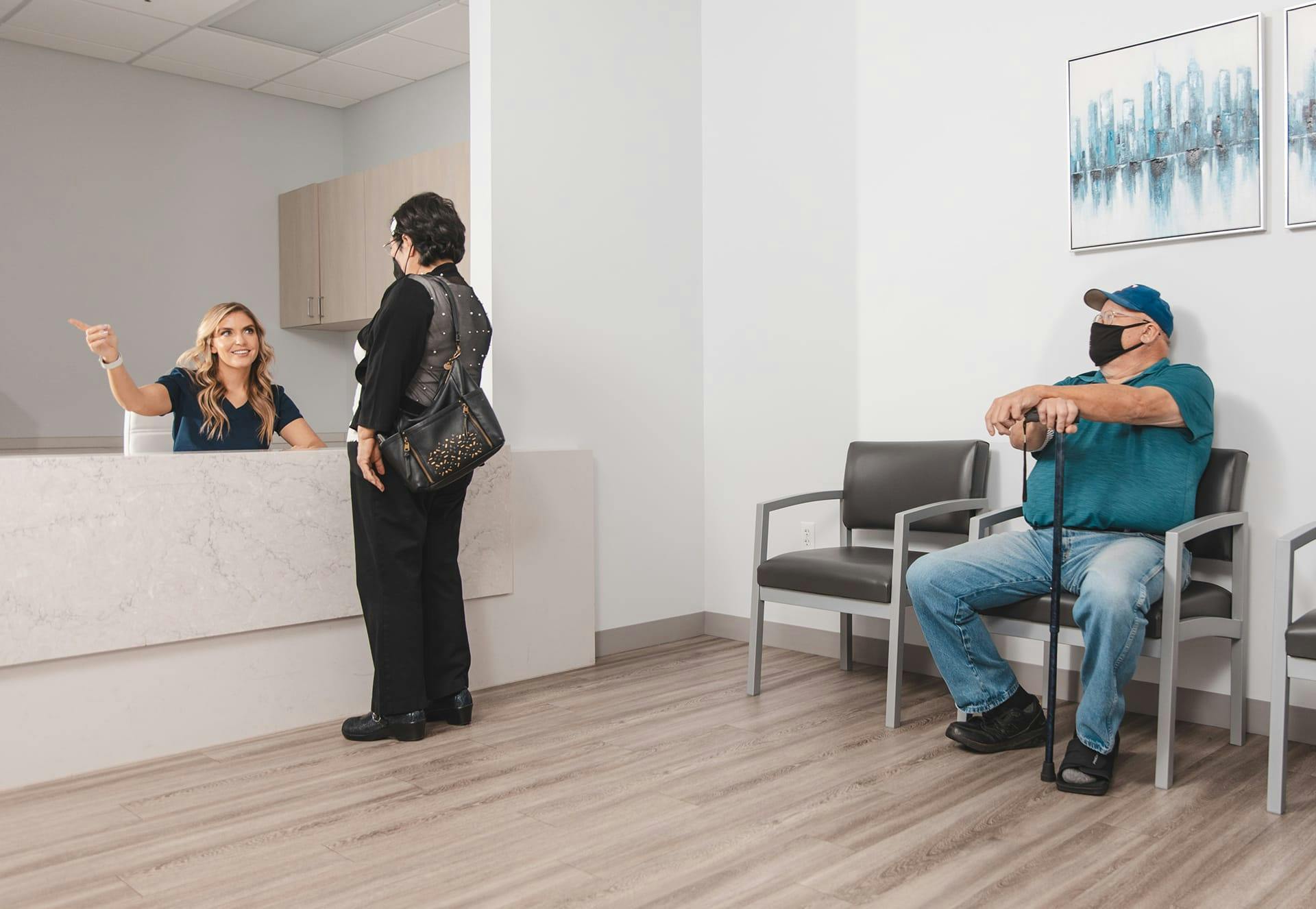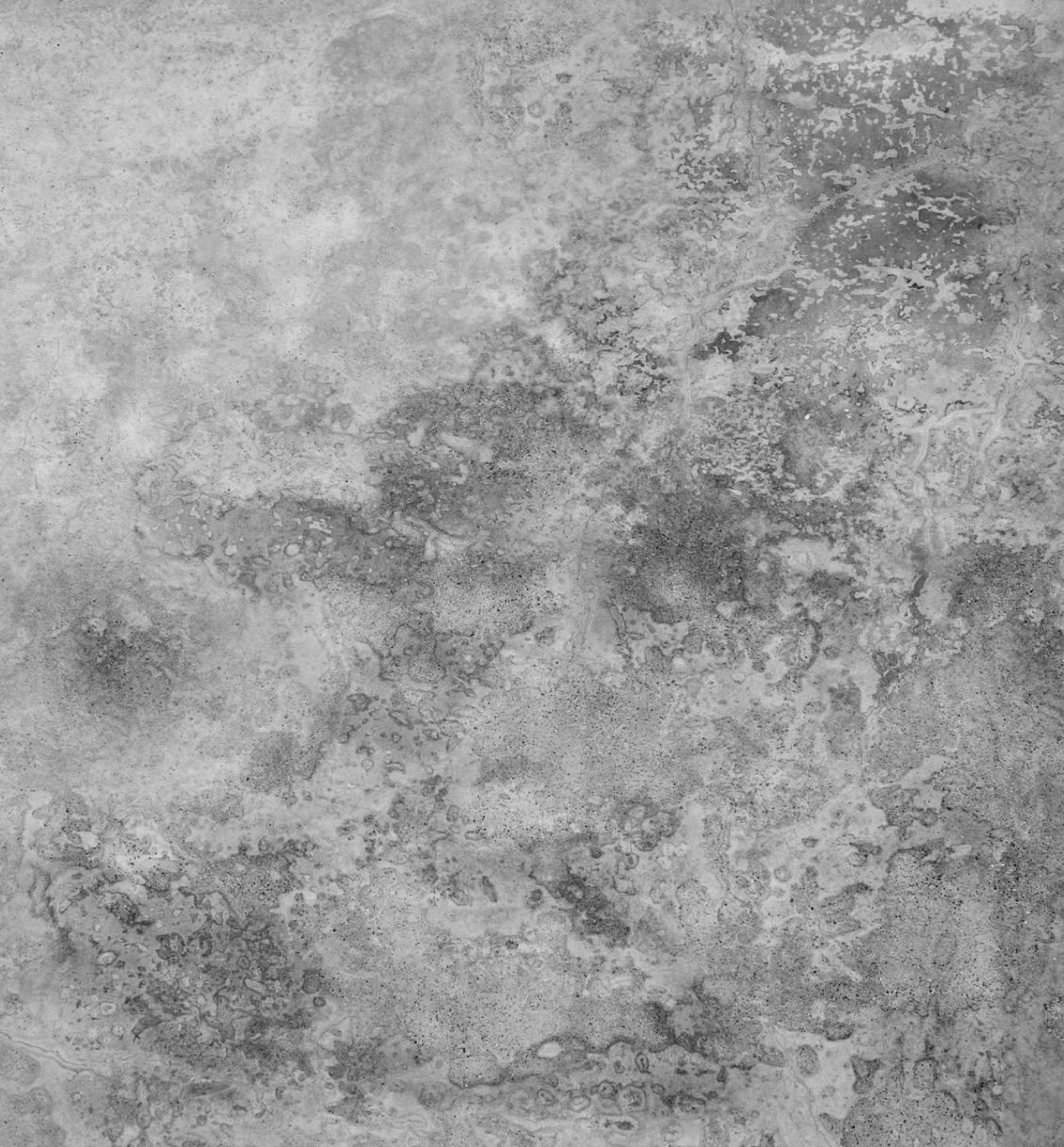How Are Chronic Wounds Treated?
Treatment of chronic wounds depends on their severity and effect on your quality of life. Wound Evolution - Wound Care and Hyperbaric Medicine use advanced holistic and synergistic treatments that complement your body’s natural healing process.
Following a physical exam, a review of your medical history, and a discussion of your symptoms, the team at Wound Evolution might recommend compression therapy, hyperbaric oxygen therapy, wound debridement, or bioengineered skin grafts. Ultimately, the goal of treatment is to relieve pain, prevent infection, and encourage recovery.








